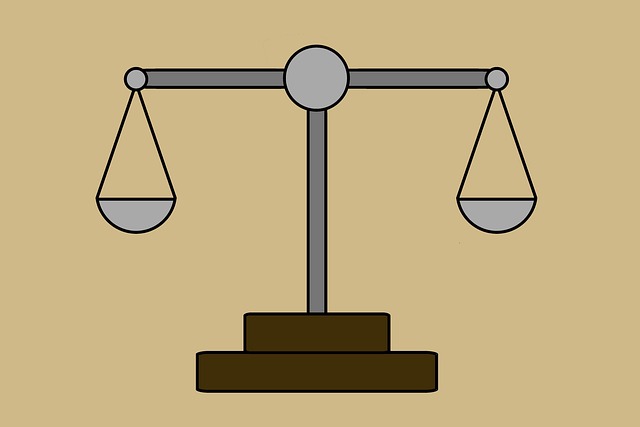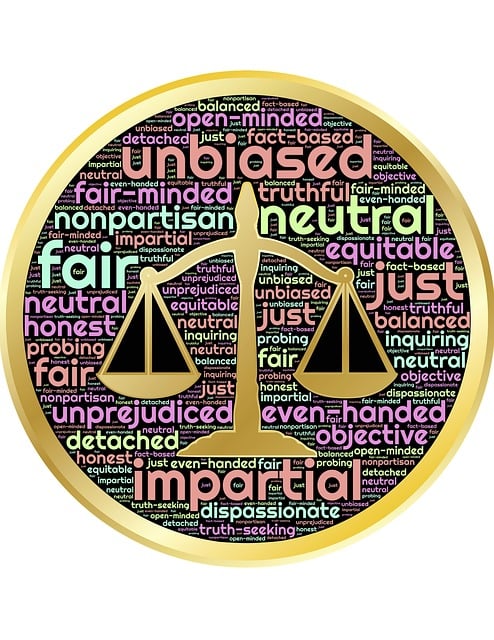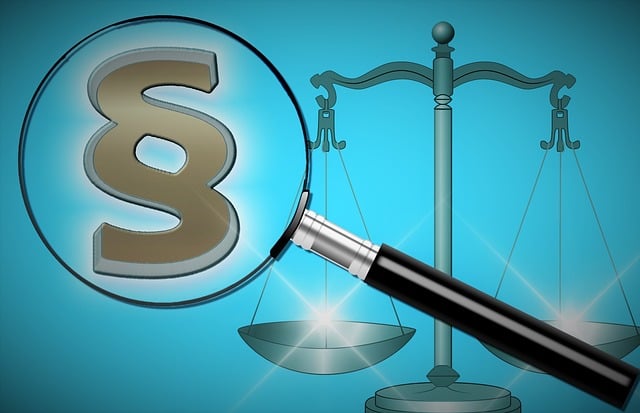Regulatory fraud laws protect businesses and consumers by enforcing ethical conduct, with strict penalties for violations. Understanding these regulations is vital for corporations and individuals navigating complex business environments. Filing an appeal in a criminal case involving fraud is crucial for safeguarding rights, especially when there are errors during trial or procedural mishaps. Time frames are usually tight (around 30 days post-judgment), varying by location. Consulting a specialized attorney is key to effectively navigating the appeals process, which scrutinizes legal errors and trial procedures. A successful appeal could lead to charge dismissal or a new trial, emphasizing the importance of legal counsel throughout this complex journey.
Navigating regulatory fraud laws is crucial for businesses and individuals facing criminal charges. This article demystifies regulatory fraud, offering a comprehensive guide on understanding and responding to these complex issues. We explore key aspects like defining and scoping regulatory fraud, recognizing when to file an appeal in a criminal case involving fraud, outlining the appeals process step-by-step, and detailing potential post-appeal scenarios. Learn how to effectively navigate this intricate landscape by understanding How to File an Appeal in a Criminal Case.
- Understanding Regulatory Fraud Laws: Definition and Scope
- When to File an Appeal in a Criminal Case Involving Fraud
- The Appeals Process: Steps to Guide Your Filing
- Post-Appeal Scenario: Potential Outcomes and Next Steps
Understanding Regulatory Fraud Laws: Definition and Scope

Regulatory fraud laws are designed to protect businesses and consumers by ensuring companies operate within ethical and legal boundaries. These laws cover a wide range of activities, from misleading advertising to false financial reporting, and can have severe consequences for those who violate them. Understanding these regulations is crucial, especially for corporate and individual clients navigating complex business landscapes.
Knowing how to file an appeal in a criminal case related to regulatory fraud is essential for protecting one’s rights. The scope of these laws extends to both corporate and individual entities, making it vital to stay informed about one’s obligations and potential legal defenses. In the event of an investigation or accusation, seeking legal advice promptly can help guide respective business stakeholders through the process, ensuring their interests are protected throughout.
When to File an Appeal in a Criminal Case Involving Fraud

When considering how to file an appeal in a criminal case involving fraud, it’s crucial to understand when it’s appropriate to do so. Appeals are typically initiated when a defendant believes there was an error during their trial that significantly impacted the outcome. In cases of white-collar and economic crimes, these errors can range from procedural mishaps to interpretations of complex financial evidence. If you’ve been convicted and believe there’s new or previously unavailable evidence that could change the verdict, or if there were mistakes in the application or interpretation of laws relevant to your case, an appeal might be warranted.
The process varies across the country, but generally, you have a limited time frame—often within 30 days of the judgment—to file an appeal. This timeline is strict, so it’s essential to consult with an experienced attorney who specializes in these types of cases. They can help navigate the respective business of appeals procedures and ensure that your rights are protected throughout the process.
The Appeals Process: Steps to Guide Your Filing

Navigating the appeals process is a crucial step for anyone seeking to challenge a criminal conviction. The first step in How to File an Appeal in Criminal Case involves understanding the grounds for appeal, which can include errors in procedure, insufficient evidence, or inappropriate sentencing. Once these grounds are identified, the appellant must file a notice of appeal with the respective court within a specified time frame. This initial filing sets into motion a series of steps designed to ensure a fair review.
The process continues with the preparation of legal briefs detailing the arguments for reversal. These briefs are submitted to the appellate court, which will then review the case and potentially schedule oral arguments. Achieving extraordinary results in winning challenging defense verdicts often hinges on the strength of these briefs and the clarity of the appellant’s position. The appeals court ultimately renders a decision, either upholding the original conviction or granting a new trial.
Post-Appeal Scenario: Potential Outcomes and Next Steps

After an individual is convicted of regulatory fraud, one of the initial steps they can take is to file an appeal in a criminal case. The appeal process offers an opportunity to review and potentially overturn the original verdict. Depending on the jurisdiction, the appellant’s arguments may focus on legal errors, insufficient evidence, or procedural inaccuracies during the trial.
Should the appeal be successful, various outcomes are possible. The conviction could be reversed, leading to a dismissal of the charges. Alternatively, the case might be remanded for a new trial, where the defendant may face an entirely different experience, especially if new evidence or legal interpretations emerge. Throughout all stages of the investigative and enforcement process, it is beneficial for individuals facing regulatory fraud charges to consult with experienced legal counsel who can guide them through the complexities of appeals and ensure their rights are protected.
Understanding and navigating regulatory fraud laws is crucial for both legal professionals and individuals facing criminal charges. Knowing when and how to file an appeal can significantly impact the outcome of a fraud case. By familiarizing yourself with the appeals process, from assessing the grounds for appeal to following the required steps, you can effectively guide your defense strategy. Remember, each jurisdiction has its own procedures, so it’s essential to seek legal counsel experienced in these matters. With the right approach, it’s possible to challenge convictions and secure a more just result in a criminal case involving fraud.






